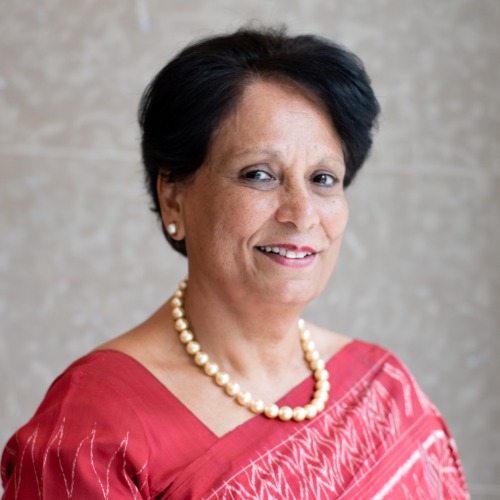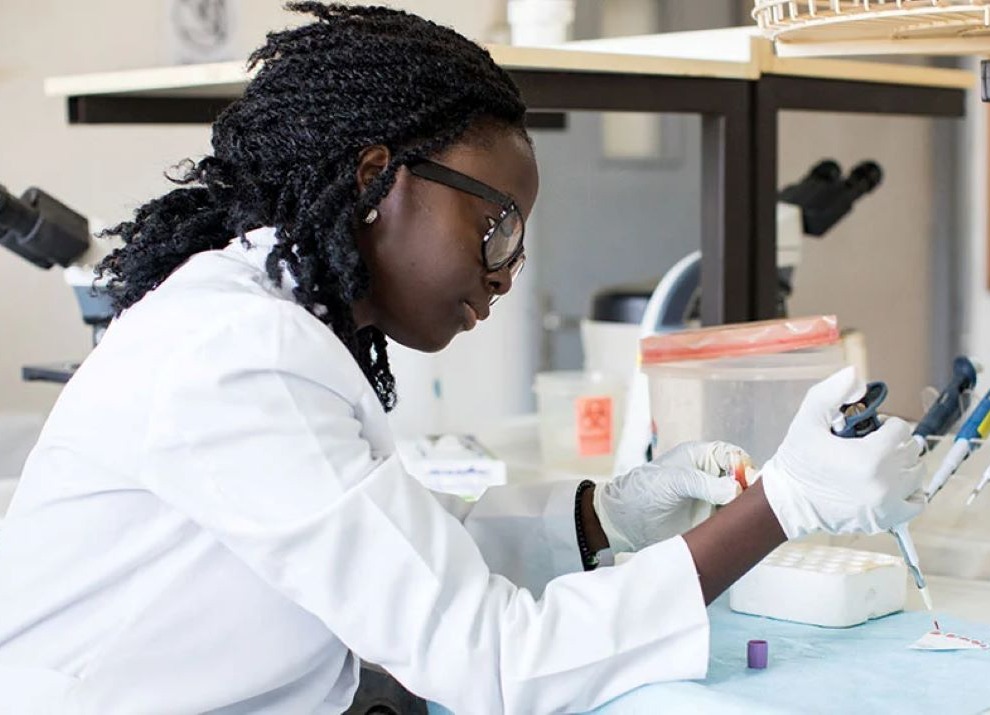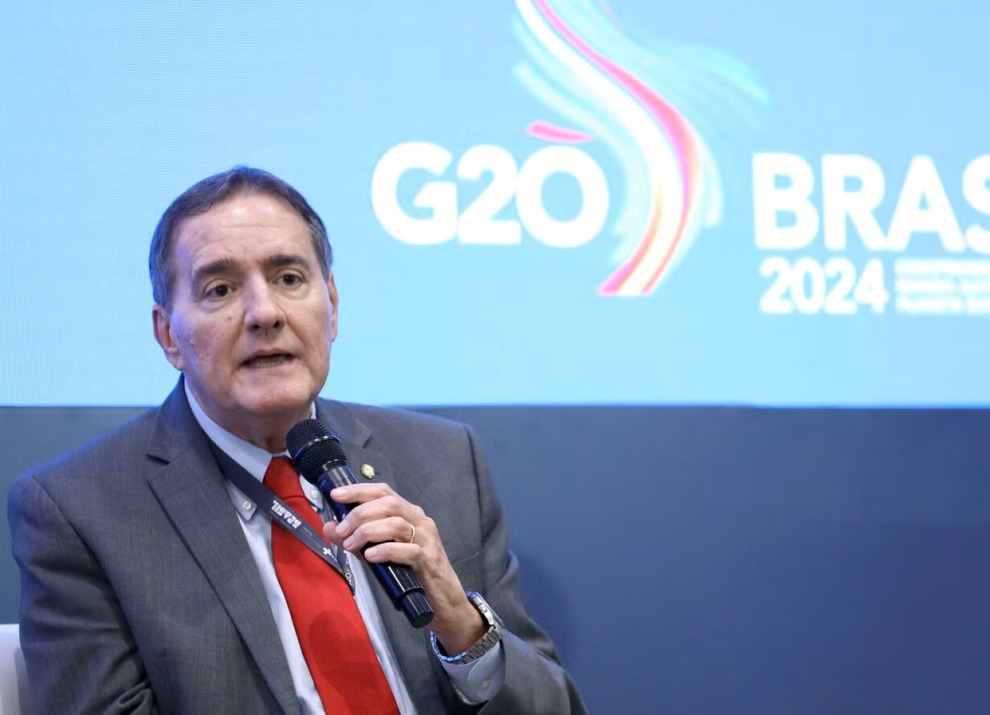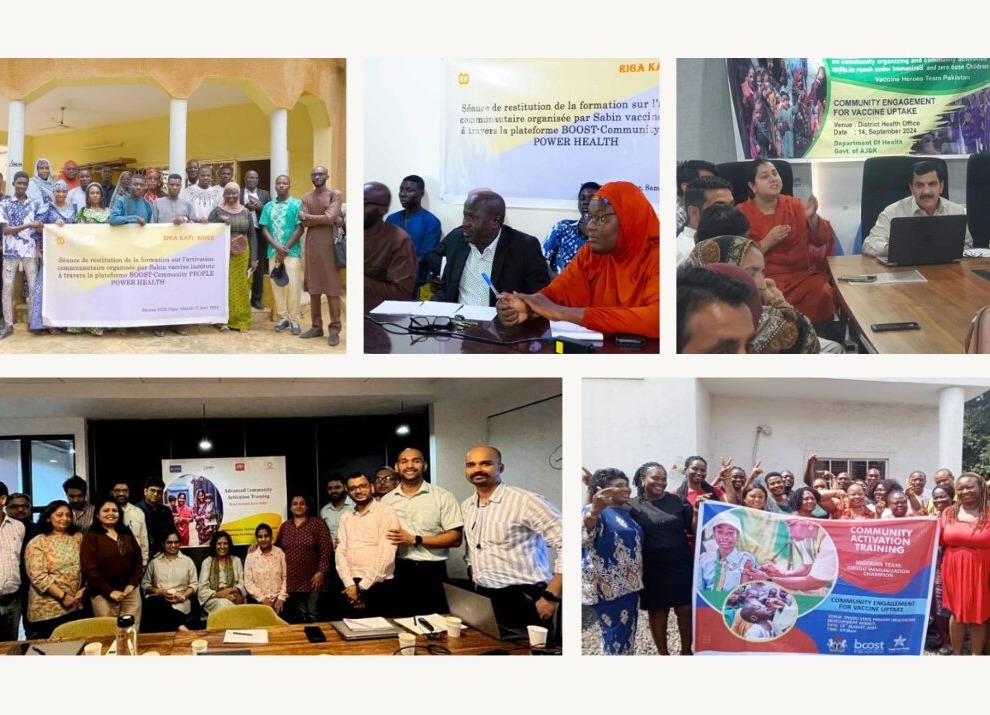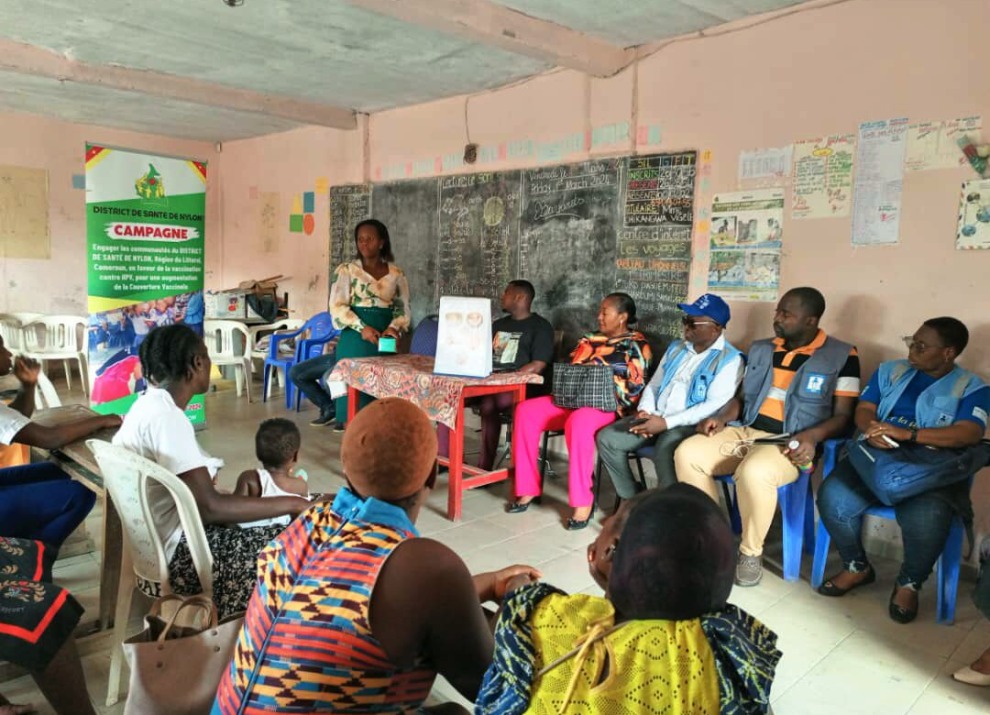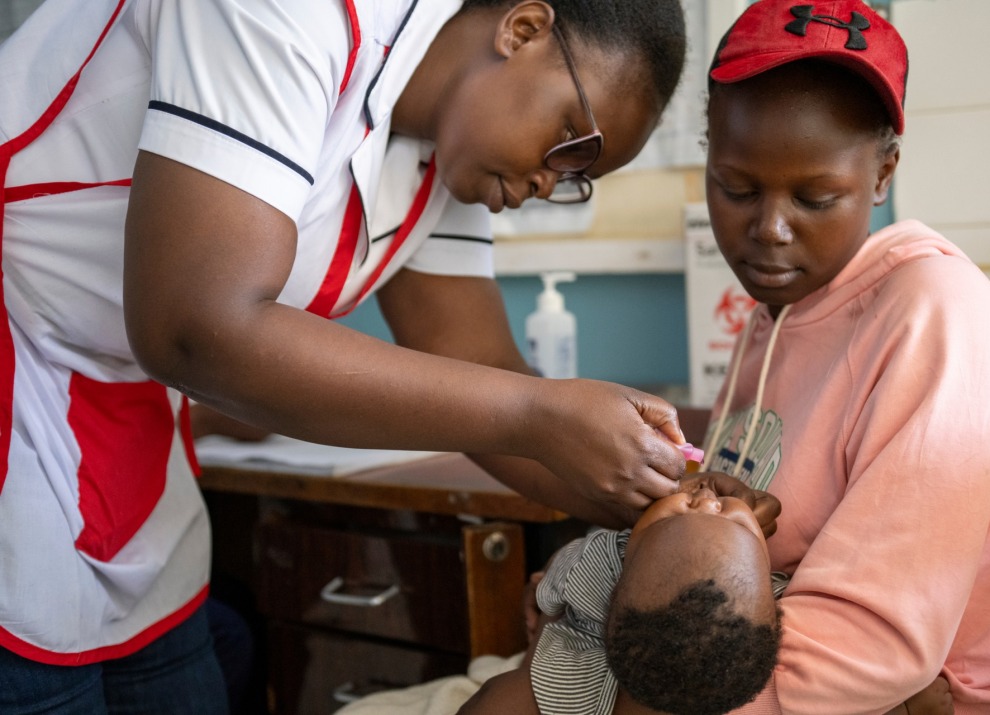Lest We Forget: Pandemic Preparation Requires Health Workforce Reinforcements
International Nurses Day is a good time to revisit a key lesson from the pandemic: we need to develop and train more health personnel.
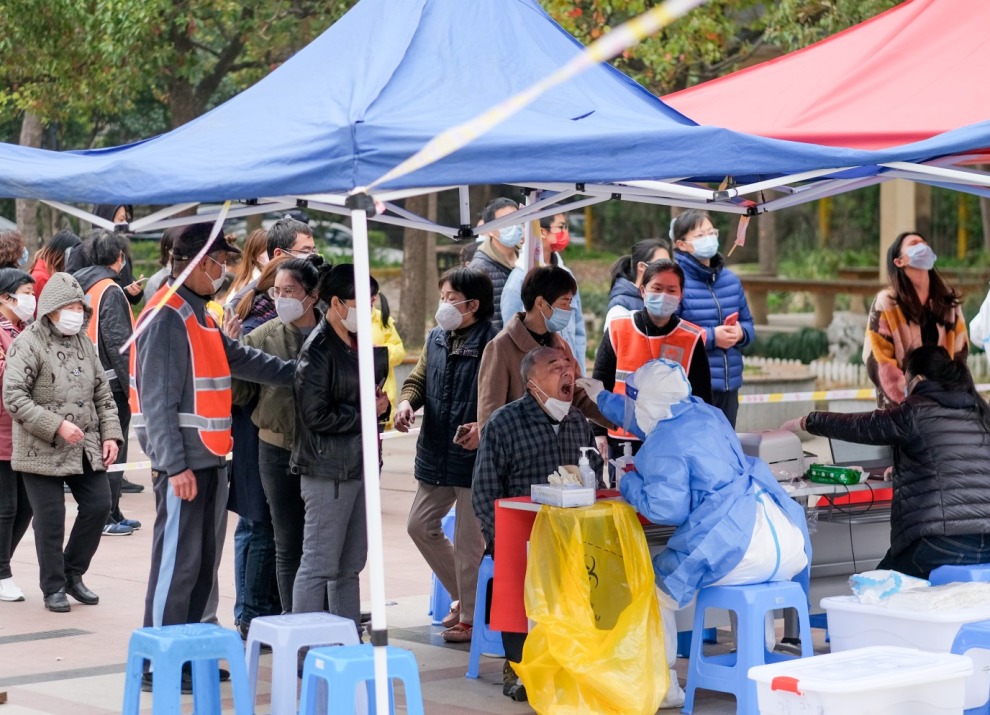
Just as the clapping and clanging pots that thanked health workers at shift change faded well before the COVID-19 threat eased, we face faltering momentum in our promises to learn one of the most important lessons from the pandemic: that we need to invest in developing, retaining and rewarding the health personnel who are fundamental to delivery of global health.
For several years, we witnessed country responses that were only as robust as existing health infrastructure, with nurses and other health professionals as the baseline asset. Any hope of fully recovering from pandemic losses – or preparing for the next crisis – begins with surgical focus on the health workforce. International Nurses Day this weekend is a good excuse to revisit that commitment.
Even before the pandemic, there were multiple warnings of looming health worker shortages. The World Health Organization recently estimated the global shortage of nurses and midwives alone will be 4.8 million by 2030, with 80% of the nursing workforce in countries that make up only half the world’s population. Many, including the head of the International Council of Nurses, have highlighted the growing economic and social costs of wealthier countries recruiting nurses from countries that desperately need – and invested in training – those resources. One in every eight nurses today practices in a country other than where they were born or trained. 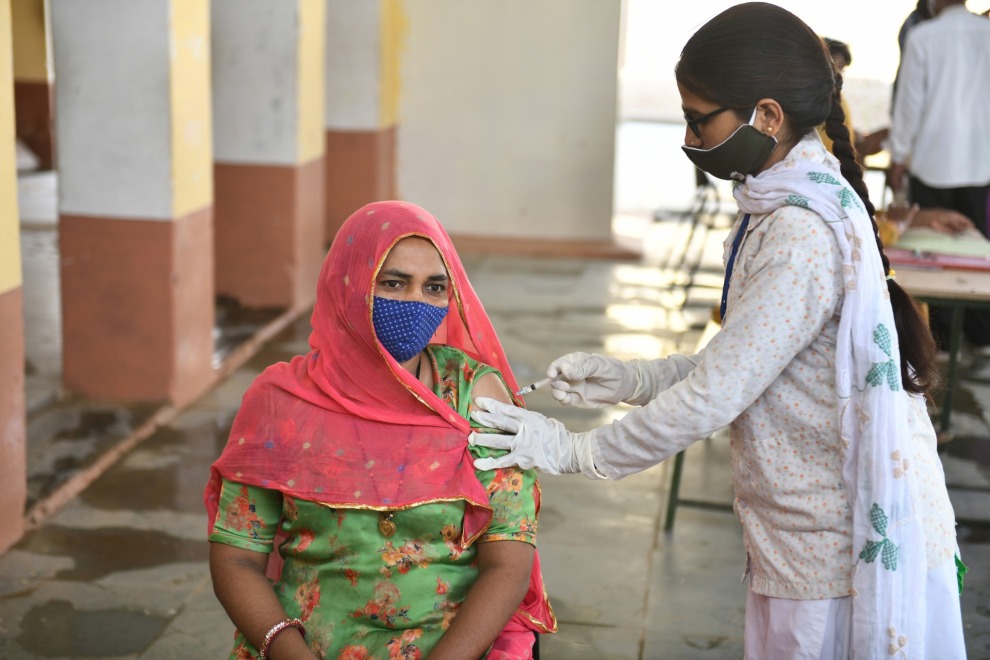 We need to start rebuilding our health workforce by acknowledging healthcare resources are capital intensive. This begins with investing in preservice training. That requires a bolus of funding, to support preservice training capacity that doesn’t exist today, which means that any hope of solving the health personnel shortage anytime soon is unrealistic.
We need to start rebuilding our health workforce by acknowledging healthcare resources are capital intensive. This begins with investing in preservice training. That requires a bolus of funding, to support preservice training capacity that doesn’t exist today, which means that any hope of solving the health personnel shortage anytime soon is unrealistic.
Then comes the question of fair wages and an overall supportive environment. It’s not enough to train and recruit – retaining skilled professionals is vital, and that’ s expensive. In resource-stressed countries, it requires a long-term perspective, sufficient budget, mentoring and public support that are proving difficult, particularly when countries are torn by conflict, political turmoil, multiple needs and public distrust.
In the absence of a plan to substantially increase and manage a safe, skilled and motivated global health workforce, it is quite futile to expect countries to effectively respond to any goal – from vaccination programs to preparing for the next pandemic. As I often say, vaccines mean little until people are vaccinated on time – which requires a trusted and trained health workforce. A true celebration of our nurses will be to fund action plans that develop and support them in carrying out their work without strain or stress.
Recommended for you
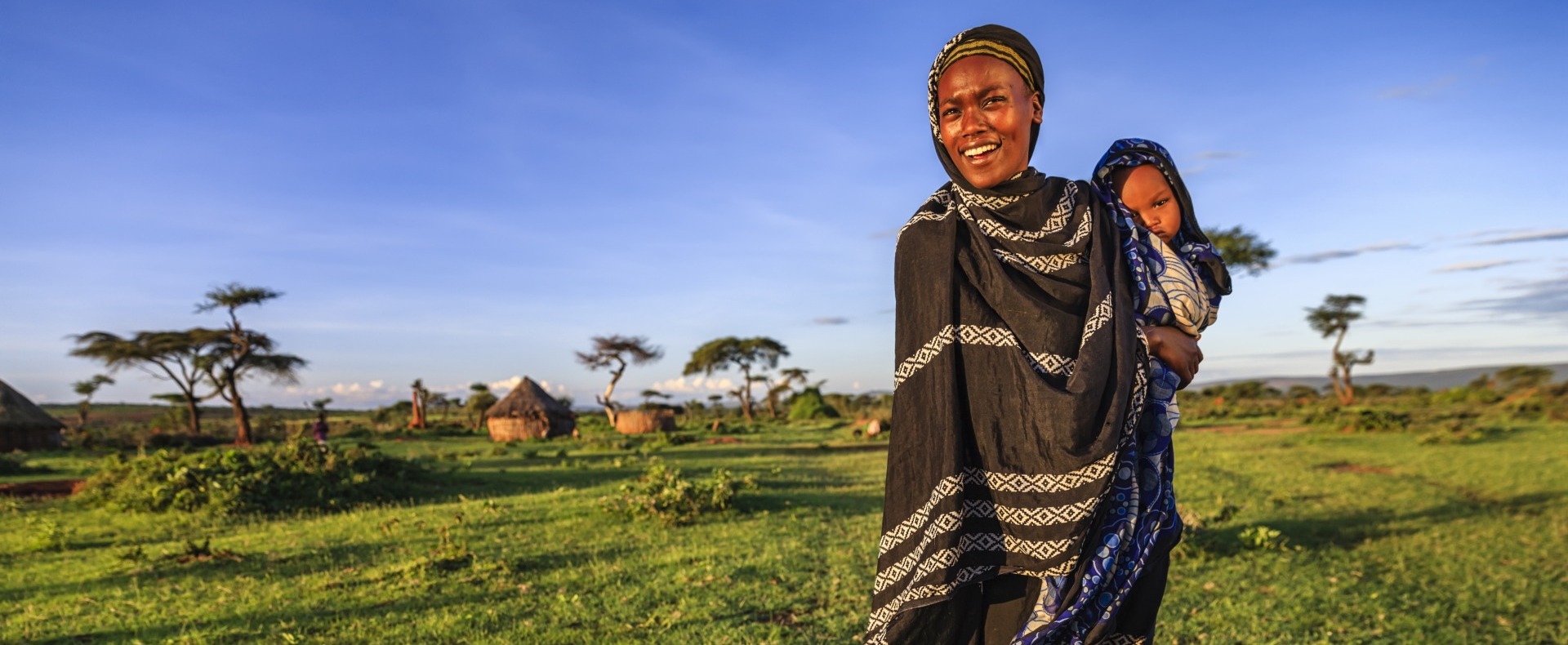
We make vaccines more accessible, enable innovation and expand immunization across the globe.
